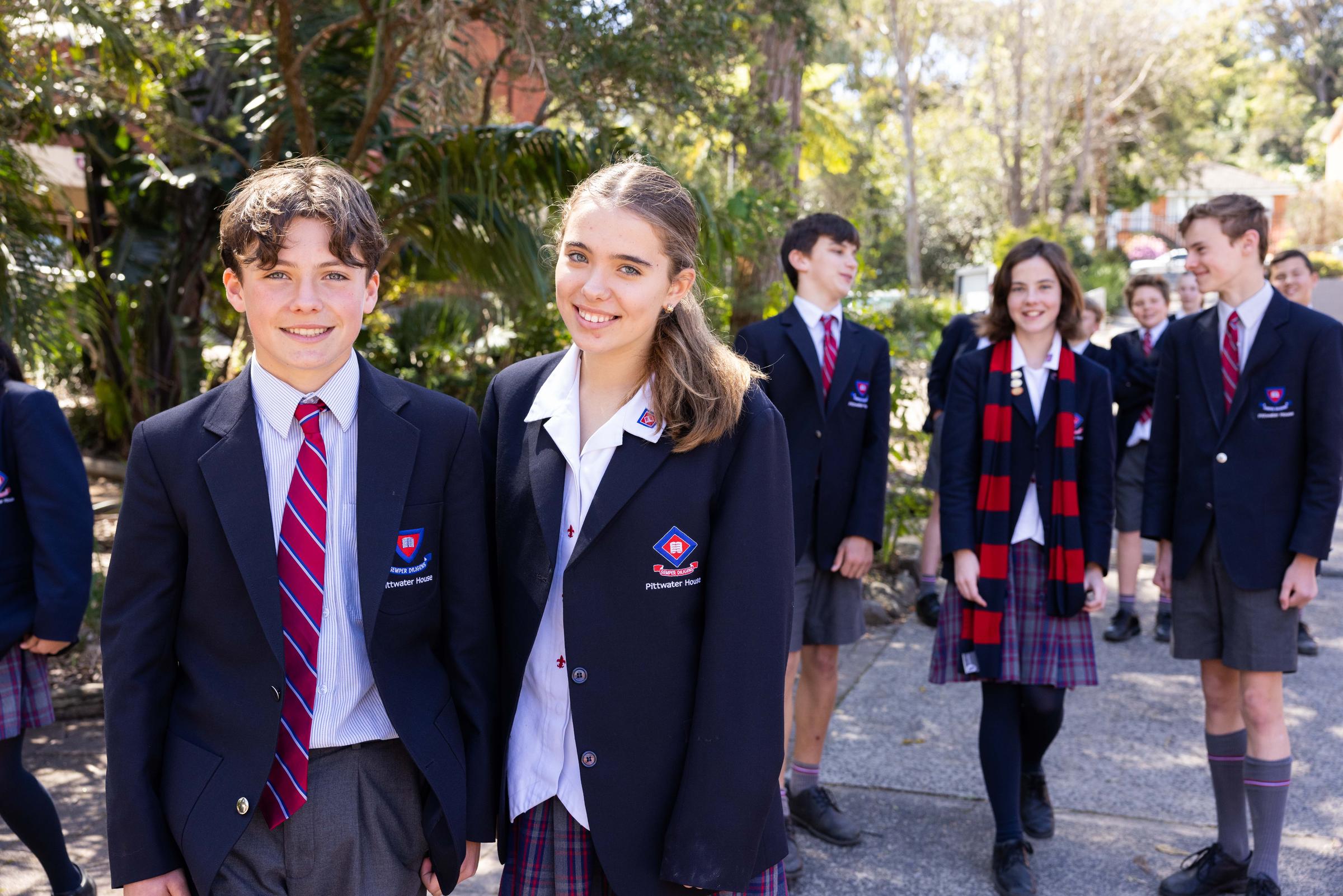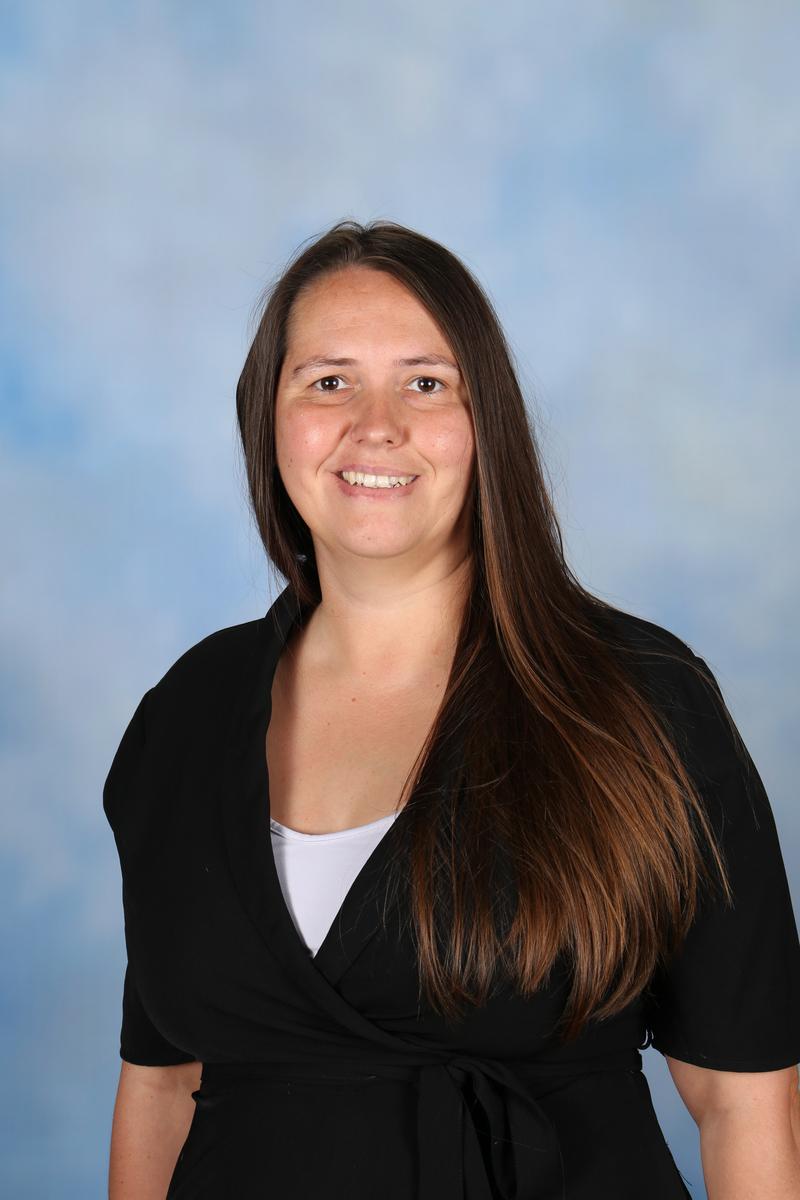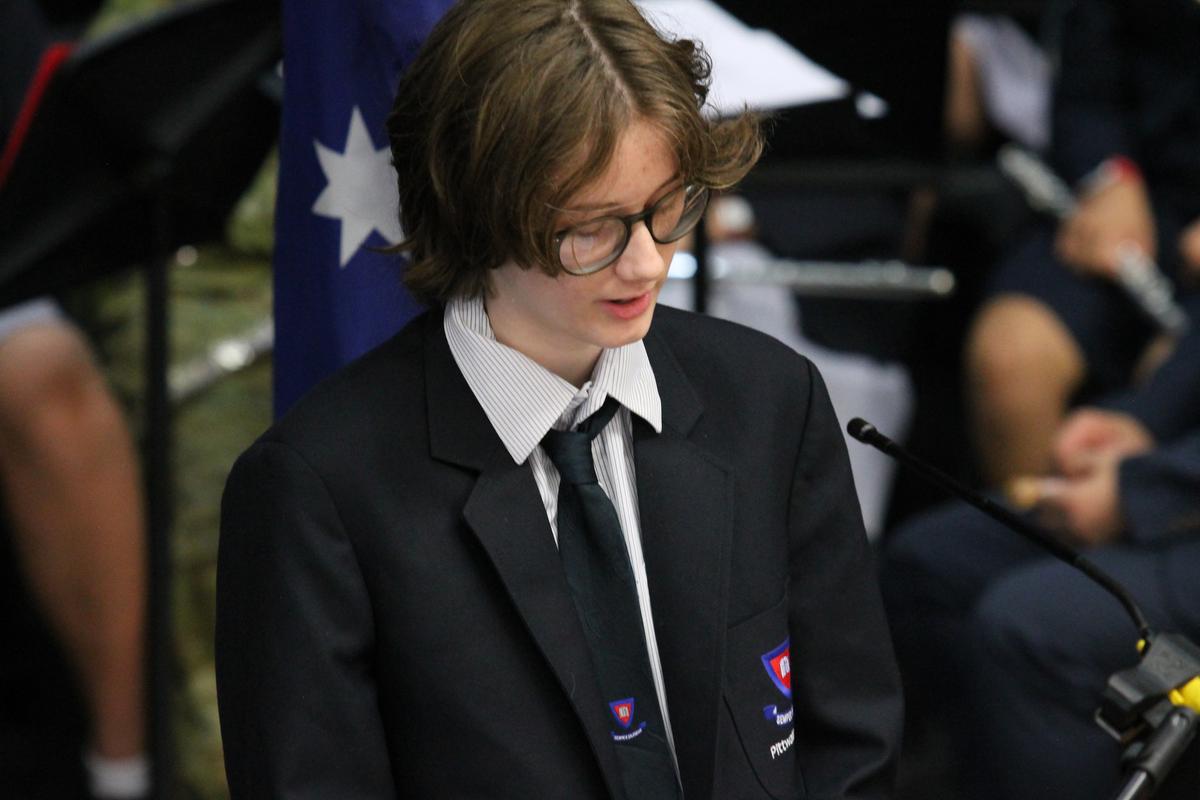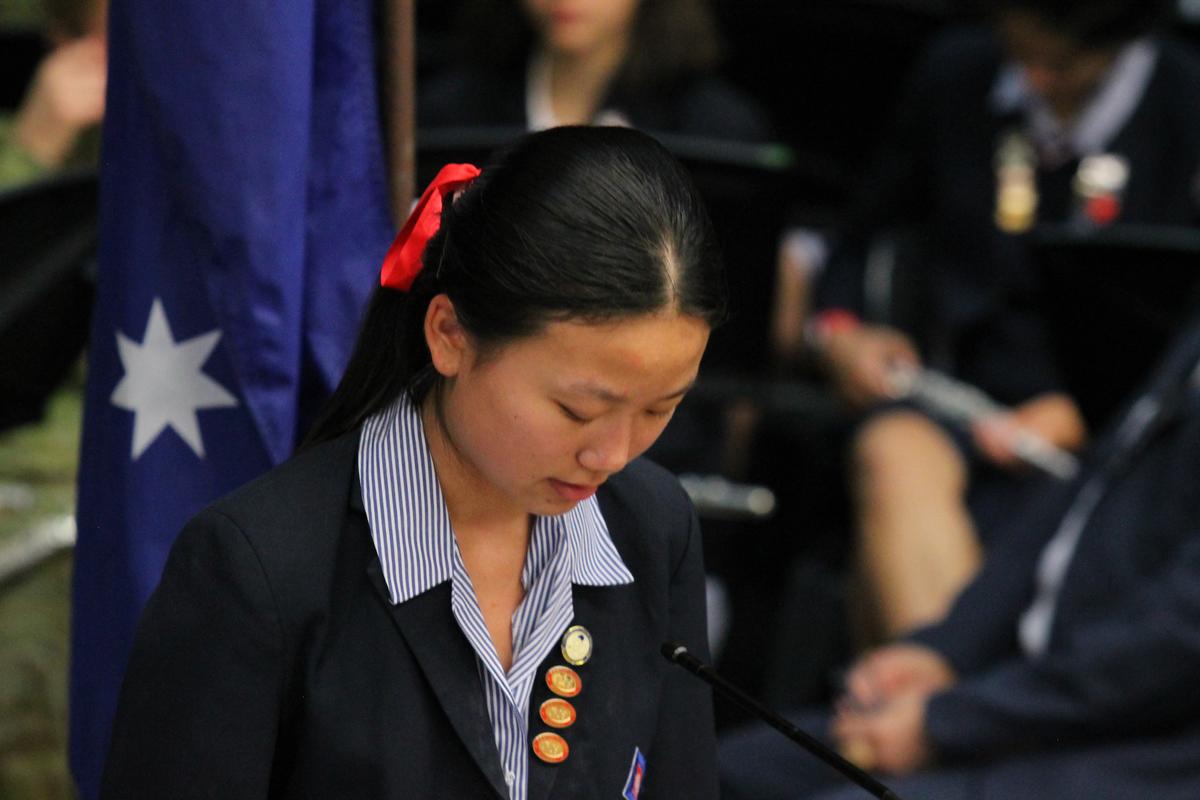Senior School News

From the Duke of Edinburgh Acting Award Leader
Duke of Edinburgh's International Award Announcement
In acknowledgment of the remarkable achievements within our Duke of Edinburgh's International Award program, we proudly celebrate the accomplishments of our participants!
Congratulations are in order for Liam (G10), whose unwavering dedication and perseverance have led him to successfully attain the Bronze Award.
We also extend our heartfelt admiration to Zane (G10), for his exceptional accomplishment in achieving the Silver Award, a true testament to his commitment to personal growth and excellence.
Their remarkable dedication and determination serve as inspirations to us all.
For all current DoE participants, kindly ensure the following:
- Define your goals clearly.
- Submit any pending "Volunteer Code of Conduct" documentation.
- Keep track of your hours diligently.
- Feel free to join our Friday lunchtime workshops in HG5 for any assistance you may need.
Year 10 Elective History
Historic Address from the Senior School ANZAC Service
At the end of last term, Year 10 Elective History students visited the Narrabeen War Vets to explore their wonderful museum of artefacts and interview some of our local war veterans. Ms Sutton was very proud of these students; showing initiative in volunteering to interview the veterans, researching their veteran military service, and writing their own speeches. The following are the result of these interviews which formed the Year 10 Historic Address for our Senior School ANZAC Day Service:
Lottie
Our class recently visited our local War Vets to gain different perspectives to war and other conflicts, in conversation with veterans who had experienced war in Somalia, Korea, Berlin, Iraq, Afghanistan, and even Darwin amidst WWII. Remembering war is crucial for Australians as it highlights the hardships and lives sacrificed before ours, for our country. Having an understanding and acknowledgement of this gains a newfound respect and perspective towards those who contributed - and are contributing - in defending their country during war.
Jack
I spoke with John Bowers, commissioned in Malaya during the Malayan Emergency to fight against the spread of communism when he was 20 years old for a 6 month tour. He came back to England and was a part of the East Anglian Brigade in Sussex for two years training recruits. Later in 1964 John Bowers was sent to Berlin for 2 years at the Berlin Walls Checkpoint Charlie guarding 3 prisoners at Spandau jail from the Nuremberg Trials.
I asked John Bowers about why it’s important for Australians to remember on ANZAC day each year and he told me about the importance of Commemorating those who gave their lives for others freedom, along with the recognition we must give to their sense of service and the flag being a symbol of our loyalty and sense of duty.
Frederique
I spoke with George Carpenter, who was conscripted to serve in the tail end of the Korean War. George recounted his time stationed in the Holsworthy Barracks, reflecting on the lessons he learnt and the memories he made. He also shared stories of the harsh conditions and experiences of his comrades, who battled the Korean winters as well as their enemy.
Additionally, George shared his perspective of the significance of marching on ANZAC day. He described how one does not march for themself, but instead as a form of recognition and thanksgiving to those who no longer can; a tribute to their bravery and sacrifice in upholding the principles collating our collective, treasured ways of life. George encourages reflection on the past - not only on ANZAC Day, but regularly, and always to stop and hold gratitude to the freedoms preserved through those who came before us.
Finn
I spoke with Glen Puxty, who served for 15 years in Iraq and Afghanistan. Glen joined the army at age 16 following the 9/11 attacks, and soon became an underwater medic, treating injured clearance divers. Glen spoke to me about the strong and meaningful connections he made with those he worked with, and how losing one of his friends during the conflict in Iraq has continued to greatly affect him. For Glen, ANZAC Day is about both commemorating those who have lost their lives during war, but also acknowledging those who have survived and had to live with the physical and mental marks that war leaves on those who have served, as well as remembering those who are still fighting.
Annie
I spoke with Steve Donald, who served in the Australian Army for 17 years. He travelled to Somalia in 1992 to provide humanitarian relief for the locals, such as distributing bags of food from trucks. Steve spoke about his time in the army and how it had shaped his life. He also showed me his badges and their various meanings such as a red and white ribbon badge on the left side of his jacket symbolising his service in the army. The badges on the right side were from his relatives, and the badges on the left were his own. His grandfather was from the Polish army who survived the Nazi’s internment camp who managed to get paperwork to move to Australia. His best memory was enlisting for the army. For Steve, ANZAC day is about passing down the spirit of adventure and fighting for your country.
Pip
I spoke with Lin Dufty, who served in WWII during the 1942 Darwin bombing. Lin joined the army at 18 years old on the 7th of January 1942 with his schoolmate, Stan Burrows. After travelling from Darwin to Sydney by cattle trucks, Lin and Stan were assigned to the 14th Heavy Anti-Aircraft Battery on the sports oval opposite the site of Hotel Darwin. Lin’s job was to bring forward ammunition when it was needed to eliminate Japanese aircraft, yet when the bombs dropped there was no cover or protection from the blow, just a six inch deep trench. The day the planes passed over, Lin was lucky enough for bombs to fall either side of him and the other gunners. Lin’s unit was the most awarded Australian Anti-Aircraft unit in WWII. When asked why ANZAC day is important to Lin, he describes how the day brings him, and other people with similar war experiences together, and how it is reassuring to know he is not alone. Stan Burrows passed away eight years ago, and Lin is now 100 years old. I would like to end on a quote by Lin; “my war was not glamorous, far from it. I cannot think of any period in those years on which I can look back with pleasure. Just one small corner, in a global conflict which cost many lives and robbed many young people of their best ‘growing up’ years.”
Lottie (Conclusion):
It is crucial for Australians to commemorate and recognise war, because as we’ve heard, experiences greatly vary and mean a lot to those who partake and serve. This ANZAC day, we aim to provide some new perspectives for your greater understanding of the past.







